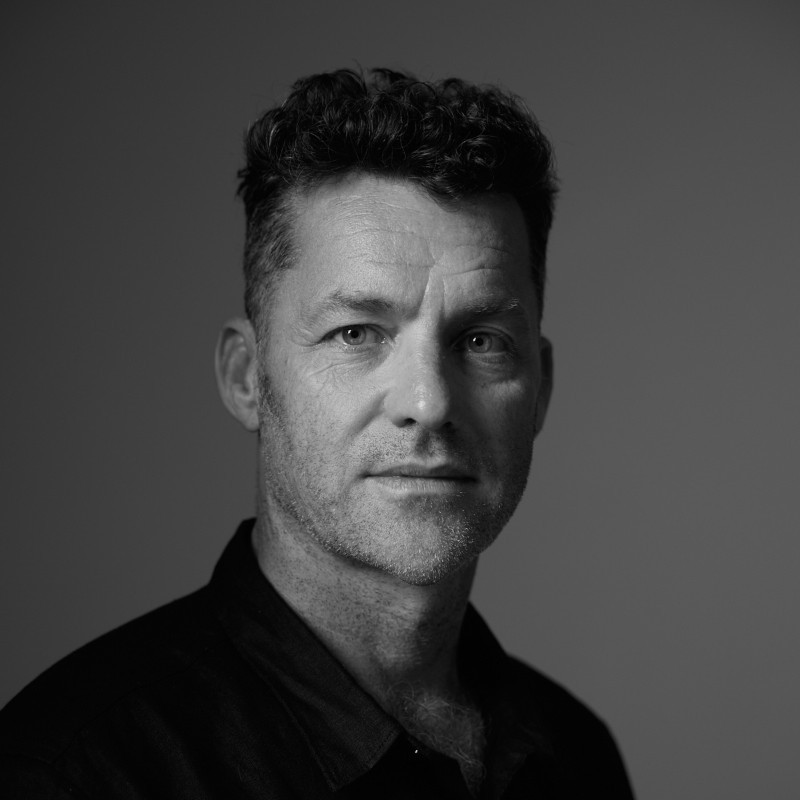
ASKING FOR A FRIEND
How do I balance meeting deadlines and working overtime along with the expectations of my employer?
ASKING FOR A FRIEND - QUESTION
Working overtime in the creative industry can feel inevitable, but how do you balance employer expectations with your own wellbeing? Simon Lee, Chief Creative Officer and joint owner of The Hallway, shares his approach to managing deadlines and overtime in creative environments. With over a decade of experience building successful agencies that prioritise both excellent work and team wellbeing, Simon explains why the traditional "clock off at six" mentality doesn't always work in creative roles, and more importantly, how to ensure the give-and-take relationship with employers remains fair. This honest discussion covers when overtime makes sense, red flags to watch for, and how to balance meeting deadlines and working overtime with sustainable working practices.
The creative industry has a complicated relationship with time. Projects evolve, clients change their minds, and brilliant ideas don't always arrive on schedule. When deadlines loom and overtime becomes the norm, it's easy to feel caught between delivering great work and maintaining your wellbeing.
This tension between creative excellence and sustainable working practices affects most of us at some point. The pressure to go above and beyond can feel relentless, especially when you're passionate about your craft.
This question was answered by Simon Lee, Chief Creative Officer and joint owner of The Hallway, one of Australia's leading independent agencies with over a decade of experience building successful creative businesses that prioritise both great work and team wellbeing.
It's about give and take, not clock watching
Simon's approach centres on mutual trust and flexibility rather than rigid hours. "For me and my team I need to trust that we're always going to get to a great place creatively, that's what matters," he explains. "Sometimes that takes a long time and sometimes it takes a short time."
The key insight here is that creative work doesn't fit neatly into a 9-to-5 framework. Some projects demand extra hours to reach their potential, while others might wrap up early. The goal is achieving excellent creative output, not logging specific hours.
The employer's responsibility to give back
When you do put in extra hours, your employer has a responsibility to reciprocate. Simon describes how this works in practice: "If you've had a couple of days or a week where we have been working overtime, then that's take from the employer, there needs to be some give on the other side."
This might mean being able to leave early on Tuesday or take Friday off without questions asked. "My answer is always yes of course you can," Simon notes. The relationship should balance out over time, with both sides showing flexibility when needed.
When the factory mentality doesn't work
Simon acknowledges that the traditional "clock off at six" approach can be challenging in creative environments. "The sort of factory mentality doesn't really work," he explains, particularly in roles that are "less creatively focused and more kind of just churn it out."
However, this doesn't mean accepting endless overtime as normal. The difference lies in being "personally invested in getting to that great output" rather than working long hours for the sake of it.
Red flags to watch for
While some overtime is inevitable in creative work, be wary of situations where the give and take becomes one-sided. If you're consistently working extra hours without any flexibility in return, or if there's "always the next thing to work on" without breathing space, it might be time to reassess.
The key is ensuring that overtime serves a creative purpose and that your employer recognises and compensates for your extra effort, whether through time off, flexibility, or other benefits.
Finding support through NNC Circles
If you're struggling to navigate workplace expectations and maintain boundaries, you're not alone. Never Not Creative's Circles programme connects creatives with peers facing similar challenges. These confidential support groups meet monthly to share experiences and practical strategies for managing work pressures while protecting your wellbeing. Learn more about Circles and how peer support can help you find balance.
When professional help might be needed
If work pressures are significantly affecting your mental health, sleep, or relationships, it might be time to seek professional support. Persistent anxiety about deadlines, feeling unable to switch off, or experiencing burnout symptoms are all valid reasons to reach out for help. Find professional support services that understand the unique pressures of creative work.
Know your rights and options
If workplace issues around overtime expectations become serious, you have options. Never Not Creative's Support Line offers free initial legal advice for creative industry workers facing workplace problems, including issues around working hours and employer expectations. Contact the Support Line for confidential guidance on your rights and next steps.
Finding your sustainable rhythm
The best creative work often requires flexibility and occasional extra effort, but it shouldn't come at the cost of your wellbeing. Look for employers who understand that great creativity needs both passion and sustainability. When overtime happens, it should be purposeful, temporary, and balanced by genuine flexibility when you need it.
Remember, you deserve to work somewhere that values both excellent output and your wellbeing. The two aren't mutually exclusive, and finding that balance is worth fighting for.
our guests
Industry Leader

Simon Lee
Enigma
Mental Health Expert

Ash King
ashking.com
Host

